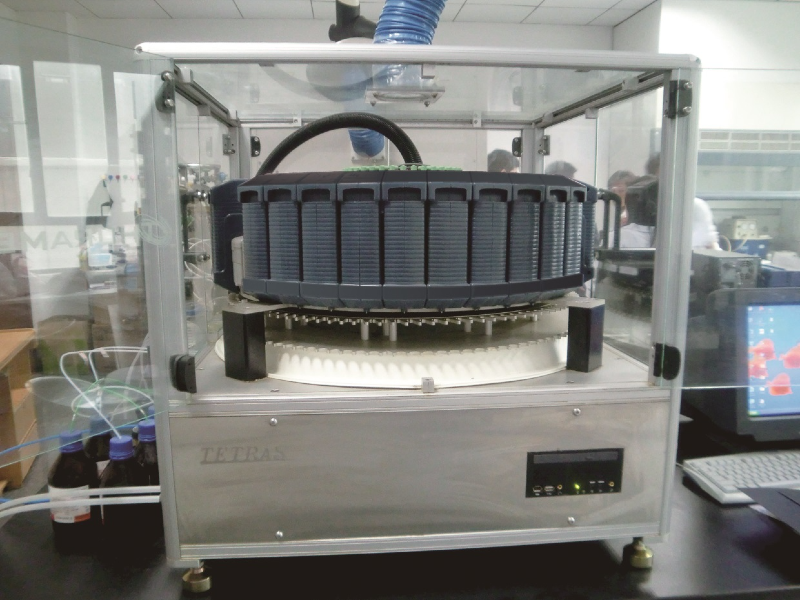RGD application (1)
RGD is a tripeptide sequence from a custom peptide synthesis method containing arginine-glycine-aspartic acid (Arg-Gly-Asp). Integrins are a family of membrane receptor proteins composed of heterodimers that can specifically recognize RGD. Taking advantage of the special relationship between tumors, new blood vessels and integrins, RGD is used as a carrier, combined with radiopharmaceuticals, and used for pro-tumor imaging by PET, SPECT, MRI and ultrasound detection; combined with anti-tumor drugs and other drugs, It has the functions of targeted anti-tumor therapy, anti-infection, anti-depression and promotion of bone and nerve repair.
Application in Anti-tumor
RGD itself does not have anti-cancer effect, but using the characteristic that RGD can specifically bind to integrins, various anti-cancer drugs are "bundled" on the RGD sequence, so that anti-cancer drugs can interact with tumor cells and new blood vessels that express high integrins. Specific binding, play an anti-tumor effect. Anti-tumor is mainly through anti-angiogenic and cytotoxic effects.

At present, many clinical drugs are limited in their application due to lack of targeting and adverse reactions. Tumors, inflammatory reactions and regenerating tissues express integrins due to new blood vessels. The use of integrins to specifically bind to RGD, combining various drugs with RGD and modifying them, is used in pro-tumor imaging and targeted drug therapy. A very promising molecular carrier. However, which radiotracer-labeled RGD is most suitable for pro-tumor imaging, how to modify RGD and more targeted drugs, and the formation of various targeted drugs in anti-infection, depression treatment, bone and nerve repair, diabetic retina. Diseases and other immature areas are subject to further research.
Copyright © 2020 Omizzur Inc | Terms & Conditions | Privacy Notice | Sitemap